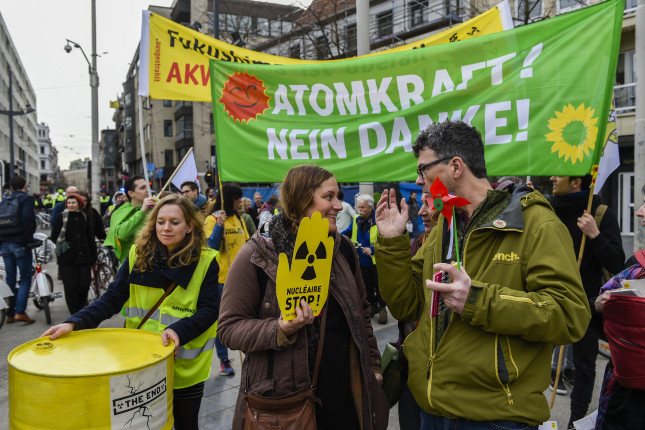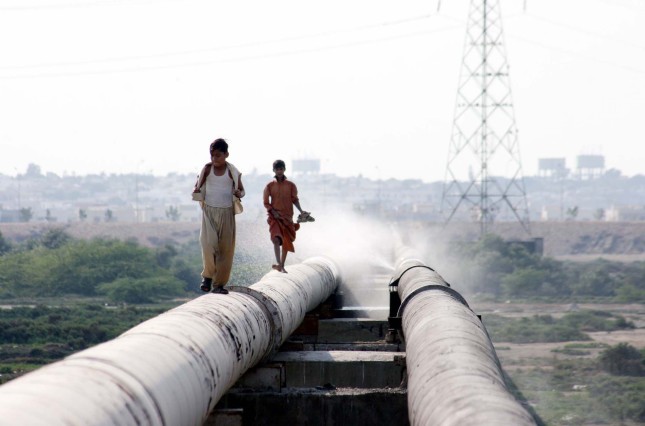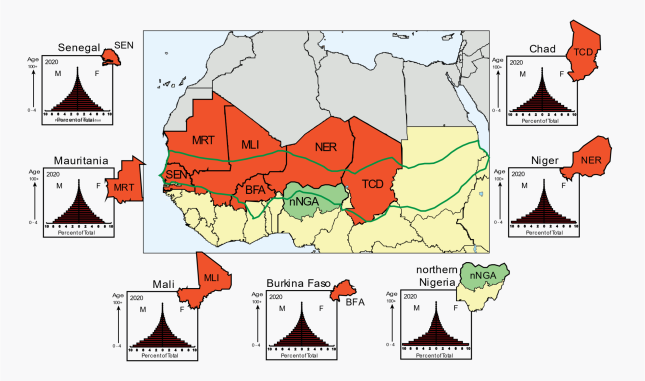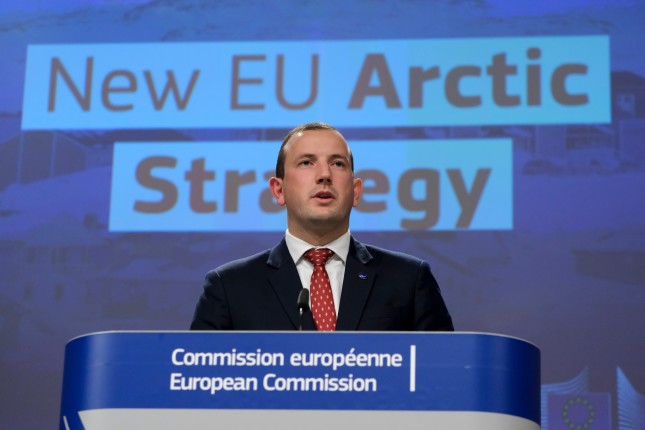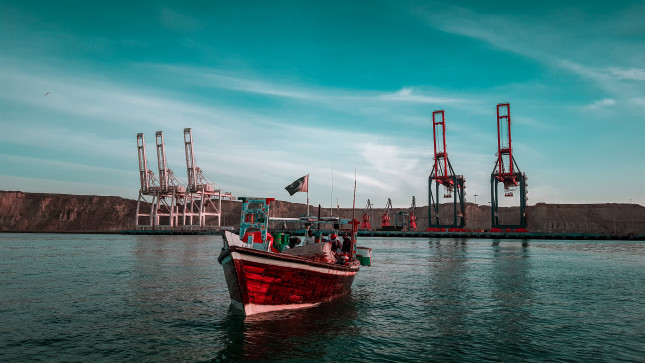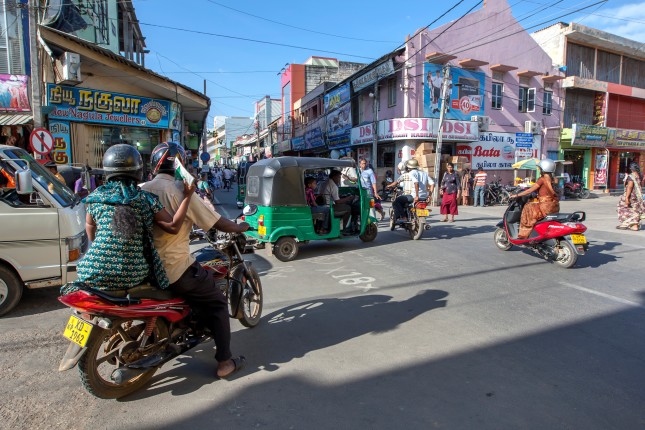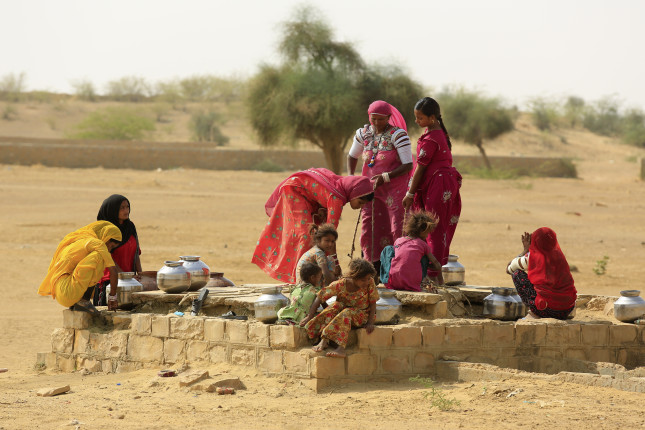-
The Best or Worst of Both Worlds? Nuclear Power’s Contested Role in Europe’s Energy Transition
›Growing up in Austria in the 1990s, one of the underlying lessons I learned in middle school was that nuclear power is humanity’s downfall. Though never explicitly described that way in the curriculum, from a young age my peers and I knew to associate the black-and-yellow trefoil symbol with apocalyptic environmental destruction. Reflecting on my upbringing helps me understand why so many in Germany, Austria, Denmark, Greece, and Italy argue that nuclear power should be our last resort as an energy resource. How could we allow the development and use of such dangerous technologies in our own lives? How could we just move on and accept that a nuclear accident could kill all of us at any moment?
-
Water Mafia and Governance in Karachi
›Water provision is “more lucrative than drugs,” said one of the interviewees in our research in Karachi, Pakistan. Competition for control of the city’s water includes water mafias and formal institutions. As water becomes increasingly scarce due to ongoing climate changes in the Indus Basin, it is already a source of intense economic and political competition. If not addressed in time, water scarcity may deepen fault lines in this highly fractured, multi-ethnic, populous city.
-
Sharon Guynup, Mongabay
Preventing the Next Pandemic is Vastly Cheaper Than Reacting to It: Study
›As the novel COVID-19 coronavirus swept the planet in early 2020, researchers scrambled to find effective treatments and vaccines. Within a year, there was a clarion call from heads of state, the World Health Organization (WHO) and other agencies to create an international “pandemic preparedness and response” treaty. WHO noted that COVID-19 offered “a stark and painful reminder that nobody is safe until everyone is safe” from zoonotic disease outbreaks.
-
Youthful Demographic Conditions Could Push the Sahel to an “Afghanistan Moment”
›Africa in Transition // Guest Contributor // February 8, 2022 // By Richard Cincotta & Stephen SmithThe countries of the Western Sahel find themselves in the tightening grip of a set of mutually reinforcing crises. These include deepening seasonal food insecurity and surges of food-aid dependency, widening income inequalities, widespread childhood stunting, low levels of education attainment and pervasive unemployment, as well as acute political instability and a rapidly growing Islamist-led insurgency that has already displaced some 2.5 million people across the region. In our recent report, What Future for the Western Sahel? The Region’s Demography and Its Implications by 2045, (published by the Atlantic Council’s Scowcroft Center for Strategy and Security), we argue that, unless the Sahelian states focus on reversing the underlying conditions that sustain high fertility—the cause of a persistently youthful and rapidly growing population—they will likely not be able to resolve these crises in the foreseeable future.
-
More EU in the Arctic and More Arctic in the EU?
›Guest Contributor // Navigating the Poles // February 7, 2022 // By Romain Chuffart & Andreas RaspotnikThe Arctic is ground zero for climate change. Warming in the region is occurring at three times the rate of the global average and September Arctic sea-ice is now declining at a rate of 13 percent per decade. However, the reverse is also true. The complex changes taking place in the Arctic are having profound effects on the rest of the world, and major economies are taking note.
-
Reducing the Environmental and Social Costs of Chinese Investments in Pakistan
›Pakistan is just one of 142 countries that has signed on to China’s Belt and Road Initiative (BRI), but is arguably the flagship partner among the group. BRI is an infrastructure investment project and aims to bring between $1 to $8 trillion dollars in development initiatives to global railways, highways, power plants, hydropower dams, and ports under the BRI umbrella. However, since the two governments formalized the China-Pakistan Economic Corridor (CPEC), a framework of infrastructure connectivity, there have been strong concerns from the Pakistani public about the social and environmental costs of Chinese investment.
-
Accessing Health Services: Experiences of Women in Jaffna, Sri Lanka
›
“Most of the people living here are helpless,” said a woman in Jaffna, a district of northern Sri Lanka, nearly ten years after the country’s civil war ended. It was 2017, and I was conducting research with women in two villages in Jaffna. This woman’s sentiment reflected the challenges many in her community are still facing, including the ability to access health services. Through this research, my colleagues and I found that women’s access to healthcare was influenced by both their gender—particularly gender norms and gender roles—and household income. Better understanding of how gender and gender dynamics impact healthcare access will be essential to improving their lives.
-
Gender, Climate Change, and Security: Missing Links
›
Gender issues, climate change, and security problems are interconnected in complex and powerful ways. Unfortunately, some of these connections have not received enough attention from scholars, policy analysts, and policymakers. This has serious, real-world implications for the promotion of gender equality, the mitigation of climate change, and the advancement of peace and security—three priorities that everyone should care about.
Showing posts from category Guest Contributor.


